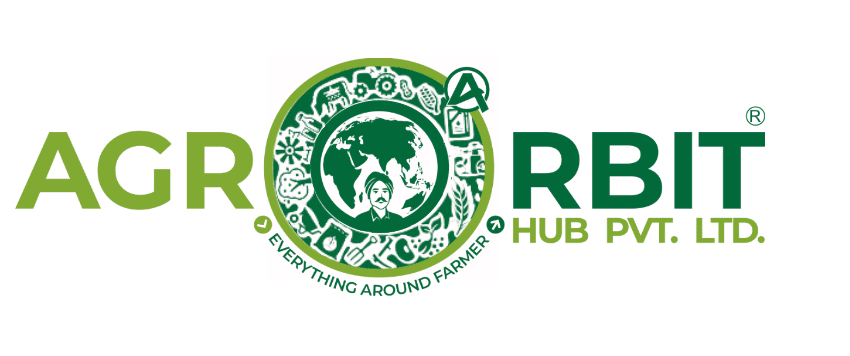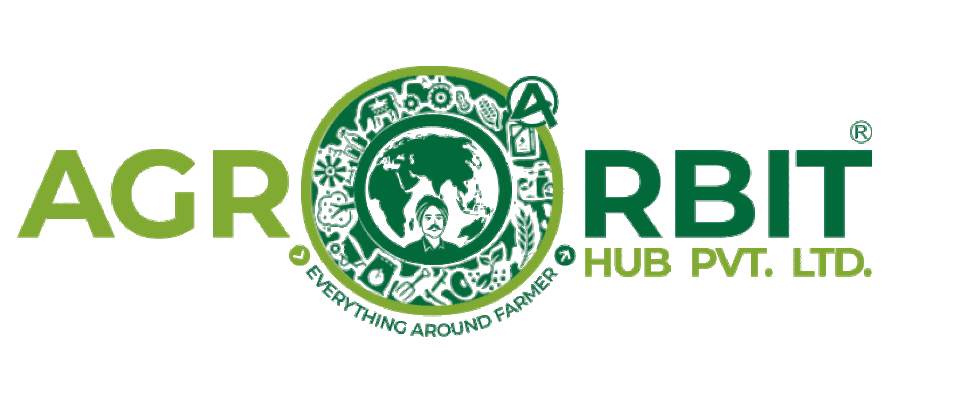

Seasonal Trends in Pesticide Sales: Preparing Your Shop for Peak Times
Introduction:
As a proprietor in the pesticide retail industry, staying
ahead of the curve is crucial for sustaining business growth. One of the most
significant factors influencing your revenue is seasonal trends in pesticide
sales. Understanding these fluctuations and proactively preparing your shop for
peak times can significantly enhance your profitability and customer
satisfaction. In this blog, we delve into the dynamics of seasonal trends in
pesticide sales and offer actionable strategies to help you optimize your
shop's performance throughout the year.
Understanding
Seasonal Trends:
Seasonal variations in pesticide sales are largely influenced
by agricultural cycles, weather patterns, pest prevalence, and regulatory
factors. Typically, there are two distinct peak seasons:
Spring: Spring marks the beginning of the
planting season for many crops, leading to increased demand for pesticides to
protect emerging plants from pests and diseases. Gardeners and homeowners also
ramp up their gardening activities during this time, further driving sales of
pesticides and herbicides.
Key Strategies for Spring:
·
Stock
Up Early: Anticipate the surge in demand by replenishing your inventory of
popular pesticides well in advance.
·
Educate
Customers: Provide resources and guidance on pest identification, prevention
strategies, and the safe and effective use of pesticides.
·
Offer
Seasonal Promotions: Attract customers with special offers, discounts, or
bundled deals on springtime essentials.
·
Showcase
Organic Alternatives: Cater to environmentally conscious consumers by
highlighting organic and eco-friendly pesticide options.
Fall: Fall signifies harvest season in
many agricultural regions, prompting farmers to protect their crops from
late-season pests and diseases. Additionally, as temperatures drop, rodents and
insects seek shelter indoors, resulting in heightened demand for indoor pest
control products among homeowners.
Key Strategies for Fall:
·
Tailor
Your Inventory: Adjust your stock to include products geared towards
late-season crop protection and indoor pest control.
·
Promote
Home Pest Defense : Educate customers on
common fall pests and offer solutions for protecting homes and gardens.
·
Enhance
Customer Service : Equip staff with knowledge about seasonal pests and
recommend appropriate products for pest prevention and management.
·
Capitalize
on Halloween: Leverage the Halloween season to promote pest control products
for spiders, ants, and other creepy crawlies commonly associated with the
holiday.
Year-Round
Strategies:
While spring and fall are the peak seasons for pesticide
sales, maintaining a thriving business requires year-round attention and
adaptation. Consider implementing these strategies to sustain momentum beyond
peak seasons:
·
Monitor
Market Trends: Stay informed about emerging pest threats, regulatory changes,
and advancements in pesticide technology.
·
Build
Relationships: Cultivate strong relationships with customers through
personalized service, expert advice, and ongoing support.
·
Diversify
Your Offerings: Expand your product range to include complementary items such
as gardening tools, protective gear, and educational resources.
·
Embrace
Sustainability: Emphasize the importance of sustainable pest management
practices and offer eco-friendly alternatives to conventional pesticides.
Preparing Your
Shop for Peak Times:
To capitalize on seasonal peaks in pesticide sales, consider
implementing the following strategies:
Stock Management:
·
Analyse
sales data from previous years to forecast demand accurately.
·
Ensure
sufficient stock levels of popular pesticides and herbicides before the peak
seasons.
·
Collaborate
with suppliers to secure timely deliveries and access to seasonal products.
Promotional Campaigns:
·
Launch
targeted marketing campaigns prior to peak seasons to inform customers about
seasonal offers and promotions.
·
Utilize
social media platforms, email newsletters, and in-store signage to amplify your
promotional messages.
·
Offer
discounts on bulk purchases or bundle deals to incentivize customers to stock
up on essential pesticides.
Staff Training:
·
Equip
your staff with comprehensive product knowledge to assist customers in
selecting the right pesticides for their specific needs.
·
Train
employees on pesticide safety protocols and regulations to ensure responsible
usage and compliance.
·
Cross-train
staff members to handle increased foot traffic and inquiries during peak
seasons efficiently.
Customer Education:
·
Provide
educational resources, such as pamphlets, blog posts, or workshops, to educate
customers on pest identification, prevention, and control methods.
·
Offer
personalized recommendations based on customers' unique pest management
challenges and preferences.
·
Emphasize
the importance of integrated pest management (IPM) practices for sustainable
and effective pest control solutions.
Diversification of Product Offerings:
·
Expand
your product portfolio to include organic and eco-friendly pesticide
alternatives to cater to environmentally conscious consumers.
·
Collaborate
with local suppliers or artisans to showcase specialty pesticide products that
resonate with niche markets.
·
Stay
abreast of emerging trends and innovations in the pesticide industry to
differentiate your shop and attract discerning customers.
Conclusion: In the dynamic landscape of
pesticide retail, adapting to seasonal trends is paramount for sustaining a
thriving business. Understanding the unique challenges and opportunities
presented by each season allows retailers to position themselves strategically
for success year-round. Whether it's stocking up on springtime essentials,
preparing for fall pest invasions, or adopting sustainable practices, embracing
seasonal trends is the key to thriving in the competitive world of pesticide
sales.
By proactively preparing your shop for peak times, optimizing
stock management, implementing targeted promotions, and prioritizing customer
education and safety, you can maximize your shop's potential and capitalize on lucrative
opportunities throughout the year. Additionally, embracing innovation,
fostering customer relationships, and remaining agile in responding to shifting
market dynamics are crucial for securing long-term success in the competitive
pesticide sales industry.
In conclusion, staying attuned to seasonal trends empowers retailers to meet customer needs effectively, maximize sales, and maintain a competitive edge. By leveraging seasonal insights and implementing strategic initiatives, pesticide retailers can navigate the ever-changing market landscape with confidence and resilience.
Note : This research is based on google we are not responsible for any other circumstances







